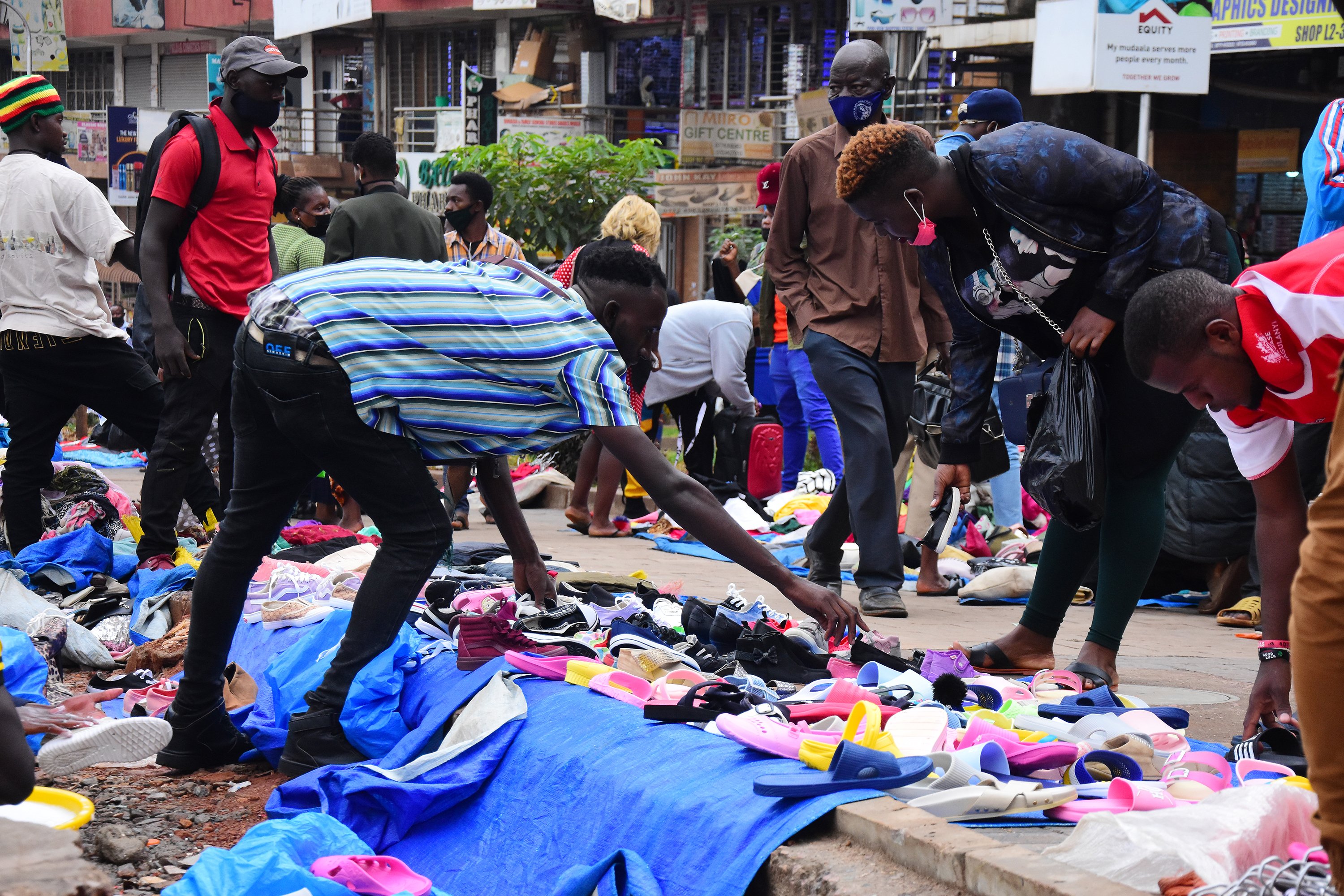Prime
Uganda’s economy will grow by 3.7 percent in 2022 -World Bank

Traders conduct business in Kampala. Uganda’s economic growth is lower than most of its peers in the East Africa. PHOTO | Michael Kakumirizi
What you need to know:
Uganda’s economy is steadily recovering from a slower growth due to the Covid-19 pandemic.
The World Bank has placed Uganda’s economic growth rate at 3.7 percent in 2022, up from its estimate of 3.4 percent in 2021.
The World Bank’s Global Economic Prospect for 2022 released on January 11 at Washington DC, reflects that Uganda’s economy is steadily recovering from a slower growth due to the Covid-19 pandemic.
The World Bank forecast in the Global Economic Prospects places Uganda’s economic growth lower than most of its peers in the East African Community region for instance, for the case of Kenya the World Bank has forecast growth rate at 4.7 percent, Tanzanian 5.4 percent, Rwanda at 7.1 percent.
Growth outlook
Growth forecast for other EAC members indicates that Burundi will grow at 2.5 percent and South Sudan 1.2 percent in the financial year 2022.
Regarding the Sub-Sharan Africa (SSA), the World Bank says growth in SSA is projected to firm slightly during the forecast horizon, to 3.6 percent in 2022 and 3.8 percent in 2023.
“This outlook is nearly a full percentage point below the 2019 average, reflecting the continued effects of the pandemic, reduced policy support, policy uncertainty and worsening security situation in some countries. Elevated commodity prices are expected to support near-term recovery across the region, with higher oil prices and the gradual easing of OPEC+, production cuts benefiting Nigeria and Angola,” said World Bank.
The World Bank says growth in Nigeria is expected to reach 2.5 percent in 2022 and 2.8 percent in 2023, while Angola’s economy is projected to grow by 3 percent on average in 2022-23.
“Growth in South Africa is forecast to moderate to its pre-pandemic trend, being held back by structural impediments and elevated levels of public debt. High prices for food commodities like coffee and cotton will benefit agricultural exporters (Ethiopia, Kenya, and Tanzania),” says World Bank.
The pandemic has set back progress on poverty reduction and key development goals across the region, reversing more than a decade of gains in per capita income in some countries. In over a third of the region’s economies, including Angola, Nigeria, and South Africa, per capita incomes are projected to remain lower in 2022 than a decade ago.
Global outlook
Globally, the World Bank says following a strong rebound in 2021, the global economy is entering a pronounced slowdown amid fresh threats from Covid-19 variants and a rise in inflation, debt, and income inequality that could endanger the recovery in emerging and developing economies.



